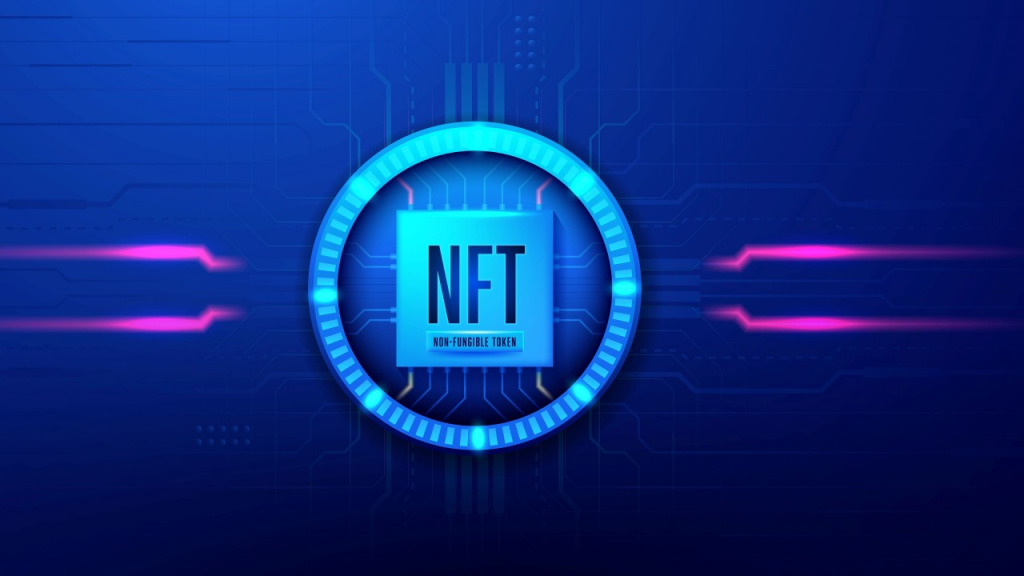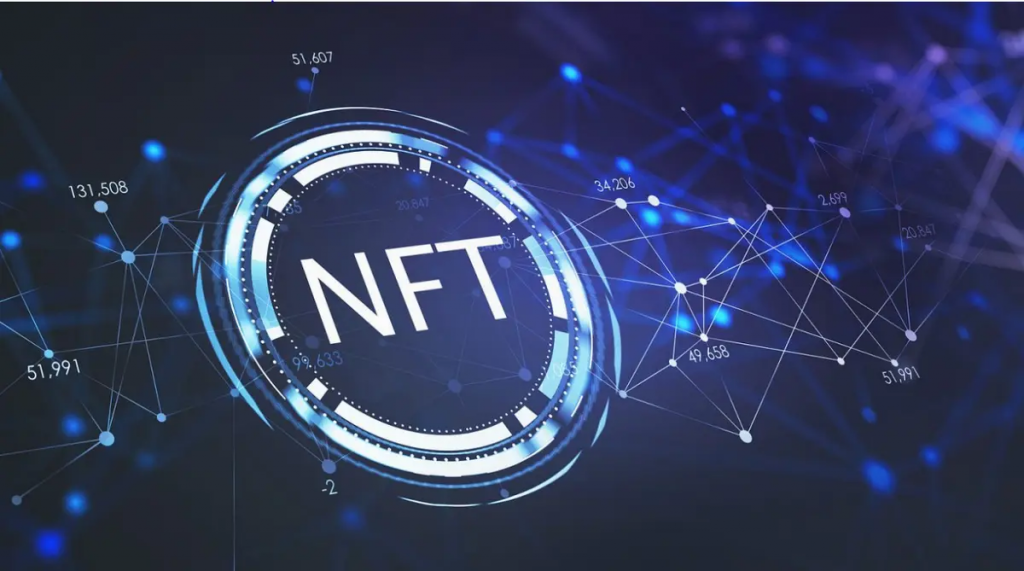FTs can be challenging to grasp. After all, blockchain technology makes for some dense reading material, and the concept of digital asset ownership — particularly for art — doesn’t help to simplify matters. However, if there were any subset of NFTs that should (in theory) make more sense than others, it would undoubtedly be fractional NFTs. This article will assist you in correctly understanding fractional NFTs.
The pros of fractional NFTS
Regarding fractional NFTs, the good almost always outweighs the bad. Fractional NFTs, at their core, allow you to buy and own a percentage of an NFT. This enables users who have been priced out of collections to become partial owners of an NFT from well-known projects such as Bored Apes and CryptoPunks to Autoglyphs and beyond.
NFT owners can set a name, supply, symbol, and other parameters for their fractional tokens using popular platforms such as Fractional Art. An NFT becomes effectively a tradeable token whose value is directly determined when it is fictionalized related to the value of its parent NFT.

Aside from fictionalizing fine art and expensive PFP NFTs, fractional NFTs have found application in philanthropy. UkraineDAO recently launched an NFT auction to raise funding for the Ukrainian humanitarian crisis. The auction was conducted on PartyBid (a platform where users can crowdfund to bid on NFTs), and the NFT was fictionalized shortly after the piece was sold through Fractional Art.
In the future, the success of fractional NFT platforms such as Fractional Art, NIFTEX, NFTfy, and others will most likely reflect the value of fractional NFTs in the ever-growing NFT market.
The cons of fractional NFTS
Given the volatility of the NFT market, the distinction between good, bad, and strange can become hazy. After all, some could easily dismiss fractional memes as nothing more than a scam. According to SEC commissioner Hester Peirce, fractional NFTs could cause significant issues in the future. He cautions fractional NFT creators to avoid creating anything that could be considered an investment product or security.
Securities are financial assets that are fungible and tradable and are used to raise capital. They are interchangeable, as opposed to NFTs (non-fungible tokens). Because fractional NFTs provide partial ownership of an NFT, they may be fungible securities by the SEC. Such securities must be registered with the SEC, with complete information about the seller and the offering made available to investors — a huge ask for developers in a community that values decentralization and anonymity above all else.

Aside from the regulatory issues plaguing the NFT market, perhaps the most dangerous or ‘bad’ aspect of fractional NFTs is the same problem that plagues the NFT ecosystem: anyone can take part, and not everyone has the best intentions.
The weirdness of fractional NFTS
What’s strange about fractional NFTs? They open the door to a wide range of applications that both mirror and outperform the oddities of collections, such as CrypoDickbutts and Ether Rocks. In early 2021, the aforementioned Fractional Art undoubtedly paved the way for fractional NFTs, and many other similar marketplace endeavors have since followed suit.
Conclusion
The fractional market appears to be distinct from the larger NFT market. Sure, it’s smaller and more specialized, but it could offer just as much room for innovation as the larger NFT ecosystem. And fractional NFTs ownership is gaining popularity among those struggling to raise the capital required to get any NFT from a leading PFP project. SmartOSC provides blockchain services. Contact us if you need some help.
Contact us if you have any queries about Blockchain development services, dApps development, NFT marketplace development, Crypto wallet development, Smart contracts development.

